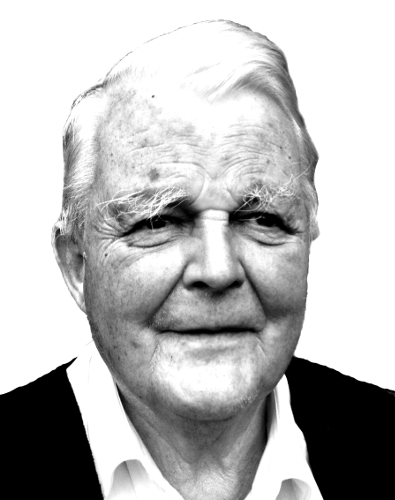Just before the prime minister’s plans for leaving, or not leaving, the European Union were voted on in the Westminster parliament, there was a very large gathering, rather noisy but not violent, in London’s Parliament Square. Union Jacks and European Star flags were there in about equal numbers.
Only a few hundred yards away, outside the home office, there was a very much smaller and quieter gathering – only 10 of us. A vigil rather than a demonstration. We were there to call for decent, humane treatment for those who, usually at some risk to their lives, have escaped across the dangerous waters of the Channel to get to our shores. We have all seen them on TV – huddled on the beach, crammed into lorries, hungry and cold, lost and lonely.
‘I was a stranger and you welcomed me’. Now where have I read those words? The fact is that these desperate people don’t get welcomed. They are treated with suspicion and even fear. Sometimes with brutality. Many are sent at once to ‘detention centres’ – which sound like places of mild, after-school punishment but are so much worse. The list of those who have died or committed suicide while in detention is shocking.
We read out a few of those names outside the home office, one by one. It took some time.
Marcin Gwozdzinski committed suicide in Harmondsworth detention centre.
Branko Zdravkovic hanged himself in Verne detention centre.
Amir Siman-Tov committed suicide while in solitary detention at Colnbrook removal centre.
Rubel Ahmed hanged himself at Morton Hall detention centre.
And many more.
It would be foolish and unfair to suggest that these sad people get no help and sympathy. They do, insofar as is possible, from all sorts of voluntary groups. The Catholic Worker community, the group I was with that day, is only one of several who do what they can to give practical help and hospitality and to raise public awareness about the issue. But when is enough ever enough granted the human tide that moves in this direction?
Bigger questions need an answer. How did we ever get into the frame of mind that sees the so-called sovereign nation state as the basic building block of our small world? How did we come to think that those who live in some other country are less significant than those of us who live here?
When the United Nations Charter was signed in 1945, there were about 50 states. Now there are nearly 200. If they can divide and multiply in such a way, there can be nothing sacred about the current divisions.
Anyway, our loyalties and affection go out to all sorts of human units well beyond the nation state structure.
Soccer teams may carry national labels but the foreign names of team members make it clear that they are from a wider world. The artistic and literary world does not know national borders. Nor do religious groups or trade unions. Welfare groups do not say ‘we won’t help you until we have seen your passport and made sure you are one of us”. The shortest spell in a NHS hospital will give anyone an international perspective at once. So many caring people from so many different countries.
It is only a few years since anyone saw our small world as the astronauts saw it. A small, rather bright circle floating in among the many in a universe so vast that it is beyond imagination. No national borders marked out on it .
Forgive me for launching into what might sound like dreamland, but it is not. I live in Haringey – a small slice of London. Not far away lies Hertfordshire. Would I dream of sending someone from Hertfordshire back home if I found him or her hungry in Haringey? Never.
It is that kind of thinking that we ought to have firmly in our heads – and try to get into other heads – as we think of those desperate people risking their lives in the effort to get across what we possessively call the ‘English’ Channel.
Topics: Refugees, International solidarity


